|
Looking at the forecast at 5am this morning, I was close to staying at home. Weather warnings for strong winds and rain further south in Scotland stood out, as well as the 60mph wind speed with 70mph gusts on Sgurr Alasdair. This with a weather front arriving at lunchtime with heavy rain and a temperature of only just above freezing. It was not looking good. Even when I arrived at Sligachan to meet Akshar I could easily have said that it was not worth trying, all things considered. I waited for the heaviest rain to clear and ran in to the hotel to chat about the chances of getting in any climbing at all. The Cuillin in November are pretty wild. Like the rest of the Highlands in the second half of November strong winds and lots of rain are the norm. So, a forecast like this is not unusual. However, enthusiasm got the better of us and we went for a look. The wind was coming from the SE so we went to The Spur on Sgurr an Fheadain which points NW and is a couple of hundred metres lower than the main Cuillin Ridge. If it was sheltered anywhere it was going to be here. But if it had been raining in the night the stream would have been impossible to cross high above the Fairy Pools. When we got to the Fairy Pools car park the attendant was keen to show us the forecast and to warn us off going high in the mountains. It was good advice. But, against all odds, we stayed dry all day and the windiest place was in the car park!
The weather on Skye confuses me much of the time. This year I lost count of the times it was forecast to be dry on the ridge but ended up being in wet cloud with fine drizzle all day. This time, the apocalyptic forecast did not materialise and we had a very nice, dry and comfortable climb up The Spur. We didn't push our luck by going up to Bidean Druim nam Ramh, but I was tempted. So Akshar got a perfect introduction to The Cuillin. We spent a day soaking up the unique atmosphere of the jagged, dark peaks, got to grips with the gabbro and learned to avoid the basalt and enjoyed a spectacular route (and awkward boulder strewn descent). Most importantly, Akshar now knows that the weather forecasts on Skye don't always work out as expected.
0 Comments
This was first posted in February 2021 but it's exactly the same now. While I was out for a walk recently I was talking about how helpless I feel about being able to do something about our impact on the planet. I feel like I can't do anything meaningful to help reverse human impact on climate change, biodiversity loss, pollution, plastic waste and extreme weather events. Our climate emergency seems like such a huge problem it is difficult to see how anything I can do on a personal level will change anything. Why do I bother trying to recycle plastic when there are huge floating islands of it in the oceans and when supermarkets are increasing their plastic usage, not decreasing it. It seems like all the power to change things for the better lies with big corporations and governments. What difference can I make against such a massive problem? With COP27 in full swing and dire warnings (again) about our lack of action to tackle the climate crisis, it's hard to know what to do that will make any difference. But, there are things we can do, and we should do everything we can, even if it is just to say to ourselves, honestly, that we tried. First of all, let's talk about it. Make it normal to talk about issues of climate change, pollution and our impact on the planet, as well as ideas of what we can do to help turn the tide. It is a big and scary subject and it is easy to fall into very depressing conversations about the most recent evidence of our destruction of the environment. So, let's talk about what we can do, share ideas and knowledge, make it normal to want to become sustainable as a population, and as individuals. One person's effort is tiny in the big scheme of things, but when everyone makes the same effort the change is huge. Connect with nature. Not just a walk in the woods on a Sunday afternoon listening to a podcast. I mean make a real connection with nature. Doing stuff in nature like biking and climbing is very good but still might not create a real connection. Slow down, look at the details, study how they change through time, note when the snowdrops burst up through the ground, when the daffodils bloom, how many bees you see. Even in an urban setting, there are trees to become friends with, "weeds" (AKA wild flowers) that grow in the most unlikely places pushing their way through tarmac and cracks in the concrete. Learn about habitats, land usage and management. Ideally, grow stuff. Growing your own vegetables is a fantastic way to create a real connection with nature and has the additional benefit of reducing food miles. You can grow herbs on a windowsill, tomatoes on a balcony, potatoes in bags. You don't need very much space at all, but if you do have some garden space make the most of it. The value of garden and green spaces has been highlighted through lockdown so let's maintain that and nurture them. The impact of global climate change and our impact on the planet is seen through nature and our open spaces, as well as changes in weather, especially in extreme weather events. To be able to see these changes and feel how they might impact us on a personal level, we need to have a personal connection with nature and our landscape. It's not surprising that we, as a population, have become completely disconnected with nature when modern lives deliver everything we need and everything we want at a touch of a screen. It's natural to want to make lives easier for us, but ultimately it is not healthy. Our disconnect with nature is a fundamental problem that needs to be tackled. Change banks. Many mainstream banks continue to invest in unsustainable industries such as oil and coal. Barclays and HSBC have collectively invested over £149 billion in coal, gas, oil, tar sands and fracking since the Paris Climate Agreement was signed in 2015, making them the 7th and 12th worst banks in the world respectively, and the two worst in Europe, for financing climate change. By moving our banking to an ethical bank, and writing to tell the banks why we are moving, we can demonstrate what our priorities are and change what investment there is available for different industries. Once you have changed banks (with a seven day switch guarantee) there is little or no impact on you other than knowing that your savings are being put to good use. Have a look at bankonourfuture.org/ Change electricity supplier. Do some research and change your provider to one that generates power from renewable and green sources instead of coal or gas fired power stations. Again, once you have done it, there is little or no impact on you afterwards. You need to do some research though. The best providers are actively investing and building renewable power generation infrastructure while others offer very green looking tariffs which offset their carbon production by planting trees. Planting trees is a good thing but there have been many problems with big carbon offset schemes and ultimately we need more renewable generation infrastructure. Have a look here as a start - https://energysavingtrust.org.uk/advice/switching-your-energy-supplier/ Stop wasting food. Each year, one third of food produced in the world goes to waste, and it is responsible for 8% of all greenhouse gas emissions. This is a stunning statistic and one that horrifies me and puzzles me in equal measure. In my house, we buy what we need and eat it all. There is very little food waste at all, and the peelings and food scraps we do get rid of go into a compost bin and into the vegetable patch. Reducing how much food we waste would have a huge impact on the greenhouse gas emissions we are each responsible for. Research conducted by the Food and Agriculture Organizaton of the United Nations from 2013 estimates that if food waste was a country, then it would be the third highest emitter of GHG emissions. Each year, we waste 1.3 gigatons of edible food and this releases 3.3 gigatons of CO2 equivalent (without taking into account land use change). Buy what you need and make use of produce about to be thrown out if you can. Try this - https://toogoodtogo.org/en/ Eat less meat and be happy to pay more for good quality, locally sourced meat. Check where your fruit and vegetables come from to eat produce grown closer to home, and eat fruit and vegetables that are in season. In Fort William we are lucky enough to be able to buy venison from Jahama Highland Estates and all sorts of produce from local crofts through Food Lochaber. Do some research, you might have similar producers near you - https://www.farminguk.com/ - but remember that local doesn't always mean better. It's hard enough trying to work out what to eat to stay healthy, never mind trying to work out what to eat to keep the planet healthy. Soil is currently being destroyed 10 times faster than it is being created. The UK has lost 84% of its fertile topsoil since 1850, with the erosion continuing at a rate of 1cm to 3cm a year. It's a huge subject and there are no single, straightforward answers. If you want to learn (a huge amount) about it have a look at the Sustainable Food Trust. ‘Kiss the Ground’, currently streaming on Netflix, has huge relevance for the massive environmental and health problems we face today and gives a nicely balanced view on food production. It's a really engaging film, easy to watch, and is highly recommended. Hire kit and don't fall victim to fashion. If you ski for a week or two each year, do you really need to own a full set of ski gear? Would that cupboard in your house be more useful to you if it didn't have all that stuff in it doing nothing for 50 weeks of the year? It's the same with winter climbing gear. It also makes a lot of sense to travel with fewer bags and kit. And just think about whether we actually need a new jacket in this year's colours when last year's jacket is still working well. https://www.scottishmountainhire.co.uk/
These are all pretty easy things to do that have little impact on your daily life. You can be an eco-warrior without having to look like one! But that's the point, isn't it? We all have to do our bit, it's mainstream, it's normal. Doing something to help the human race live sustainably on this planet is something we all need to do. We can't rely on other people to do it for us. We all need to do our bit. |
AuthorMike Pescod Self reliance is a fundamental principle of mountaineering. By participating we accept this and take responsibility for the decisions we make. These blog posts and conditions reports are intended to help you make good decisions. They do not remove the need for you to make your own judgements when out in the hills.
Archives
March 2024
|
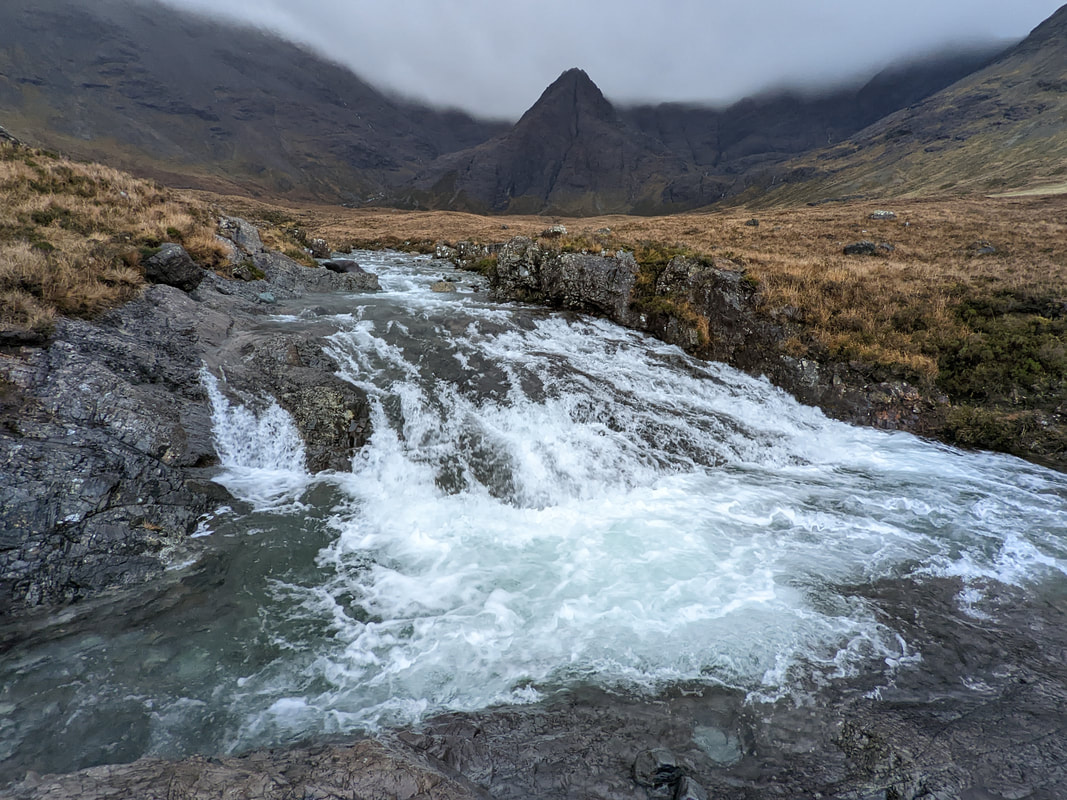
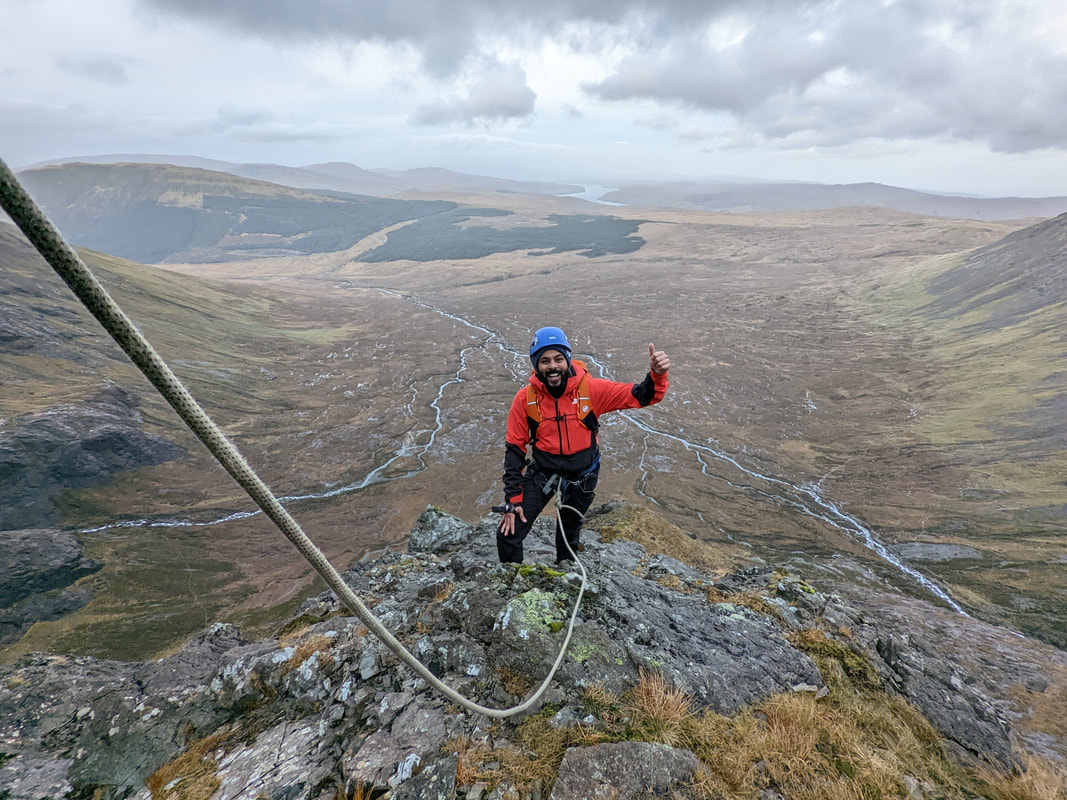
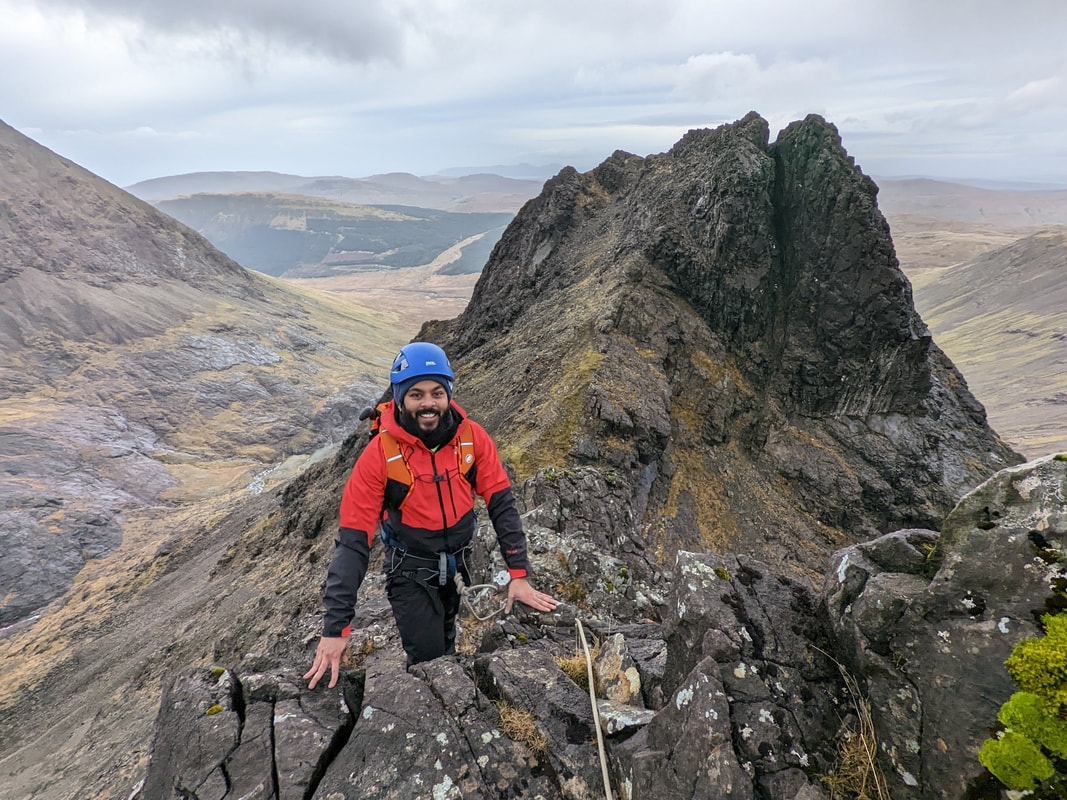
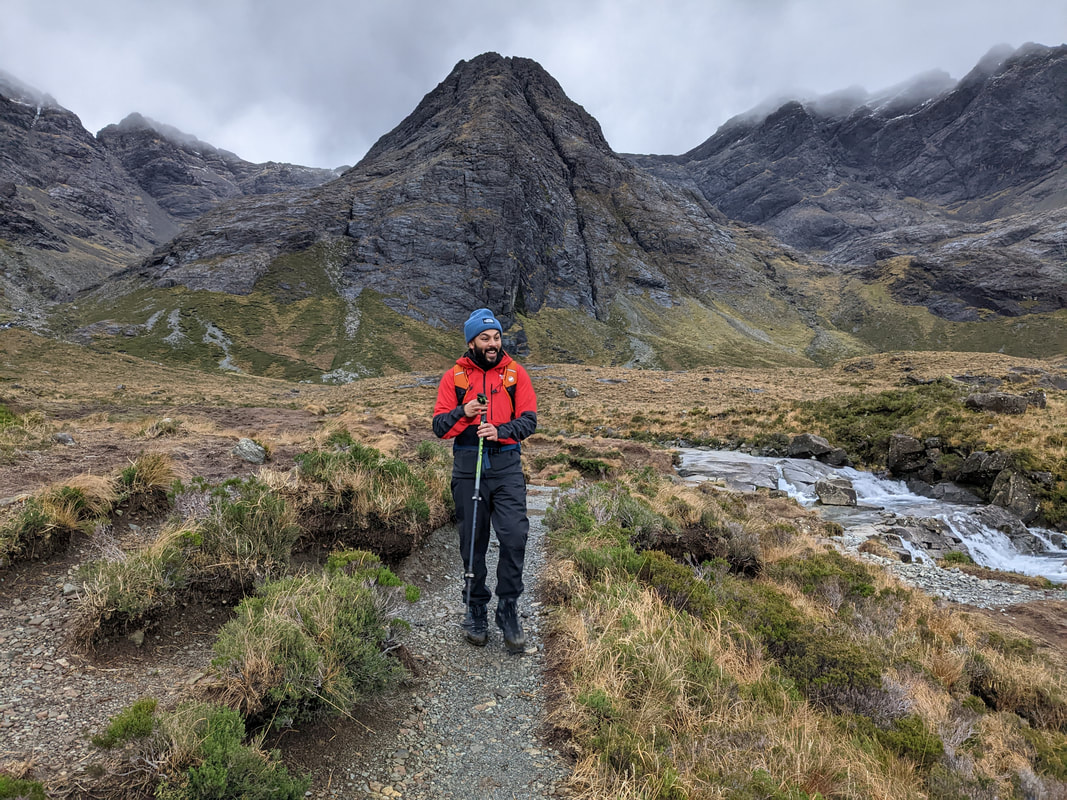
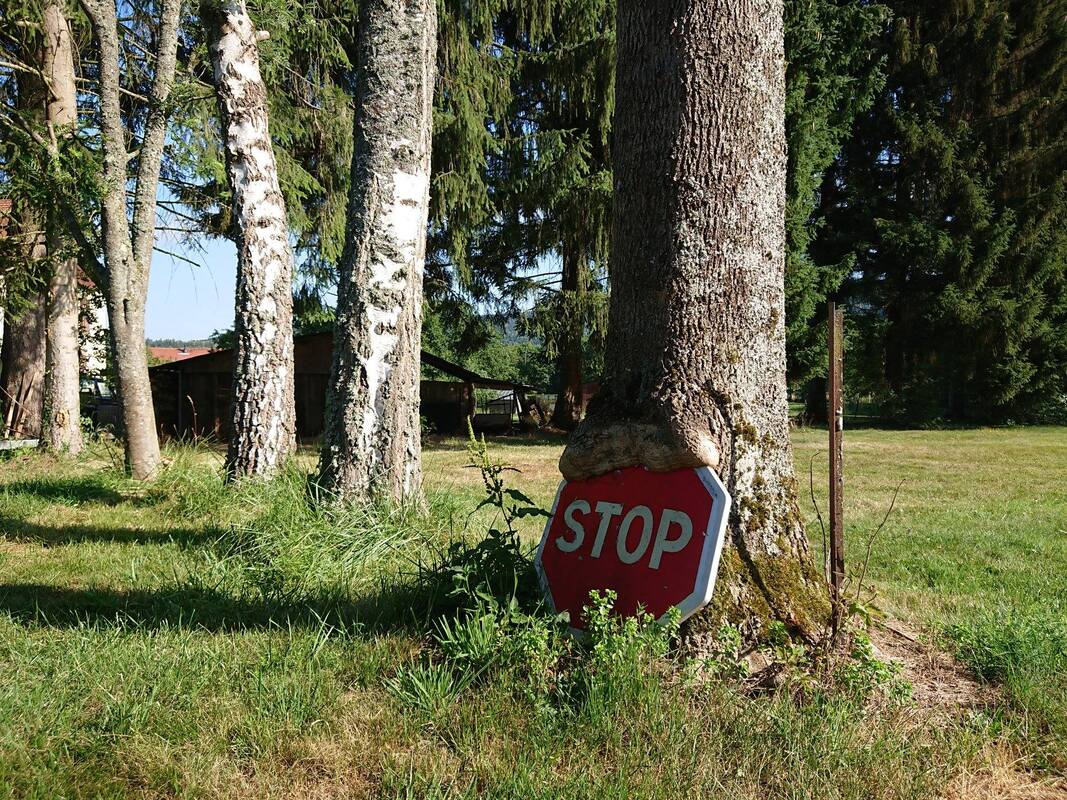
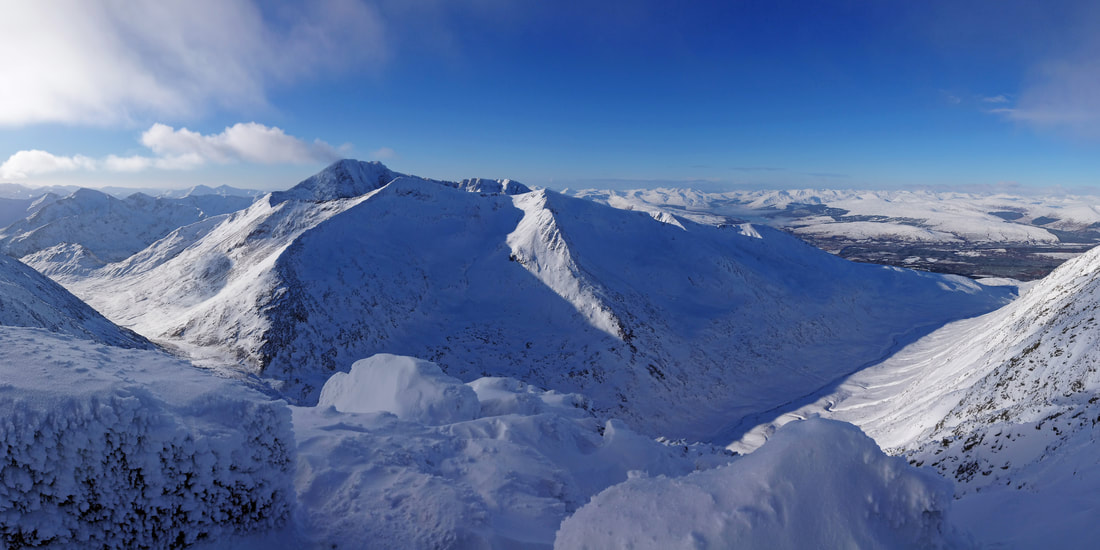
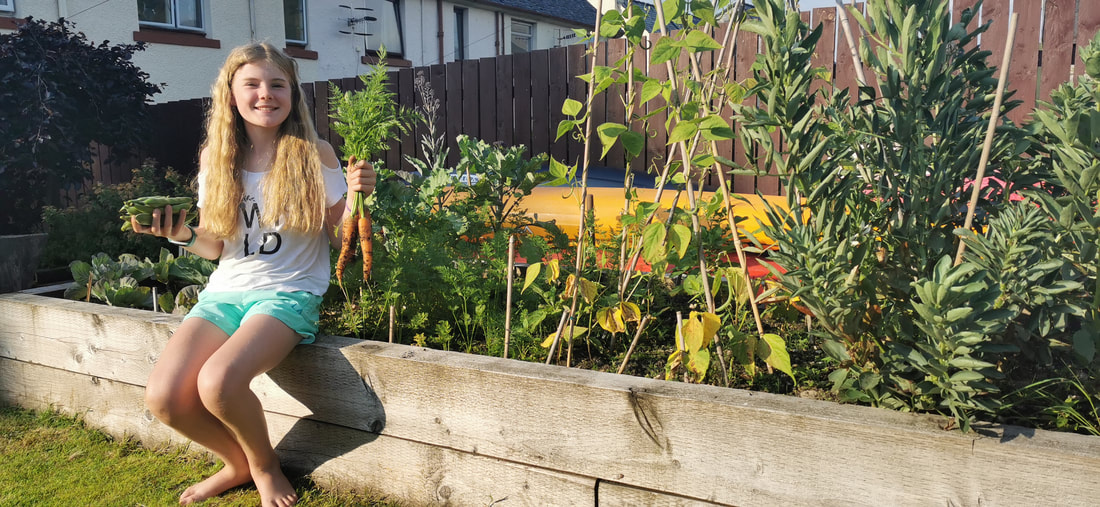
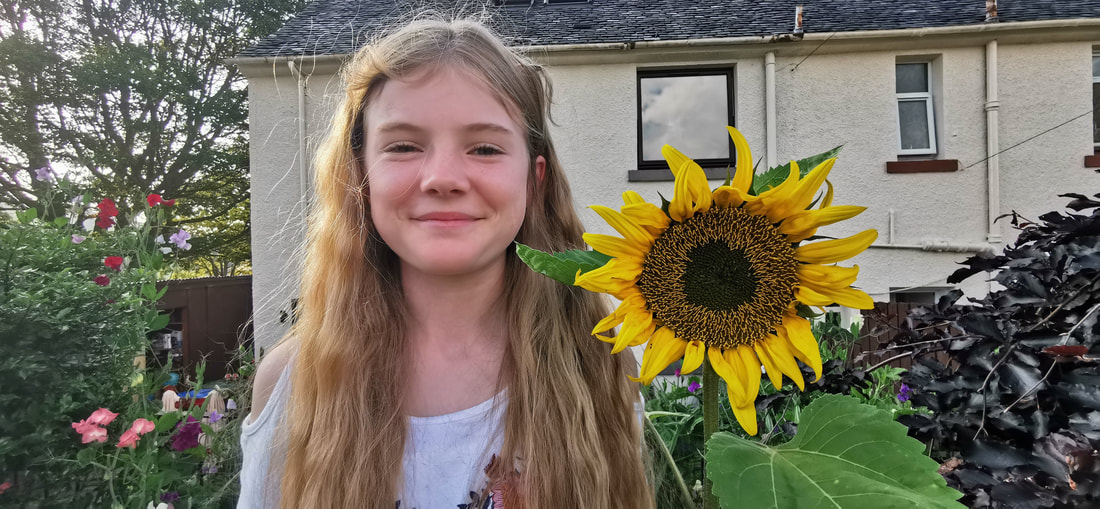
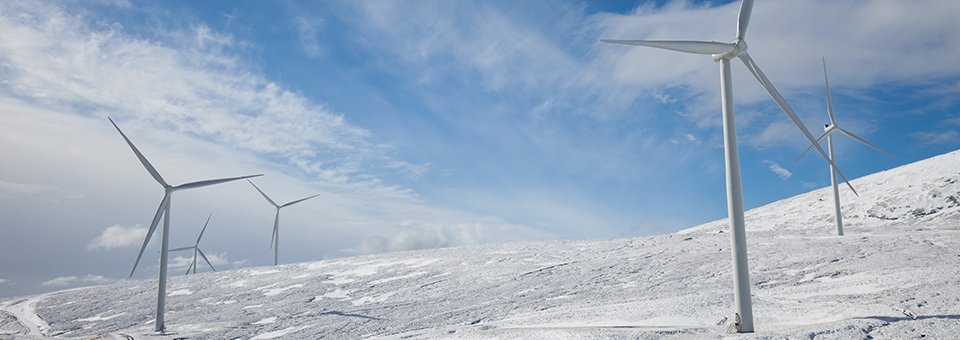
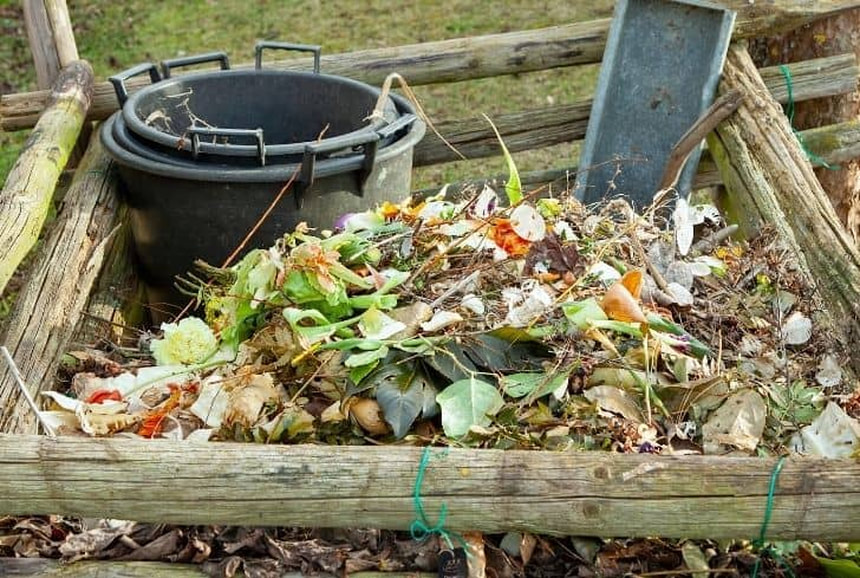
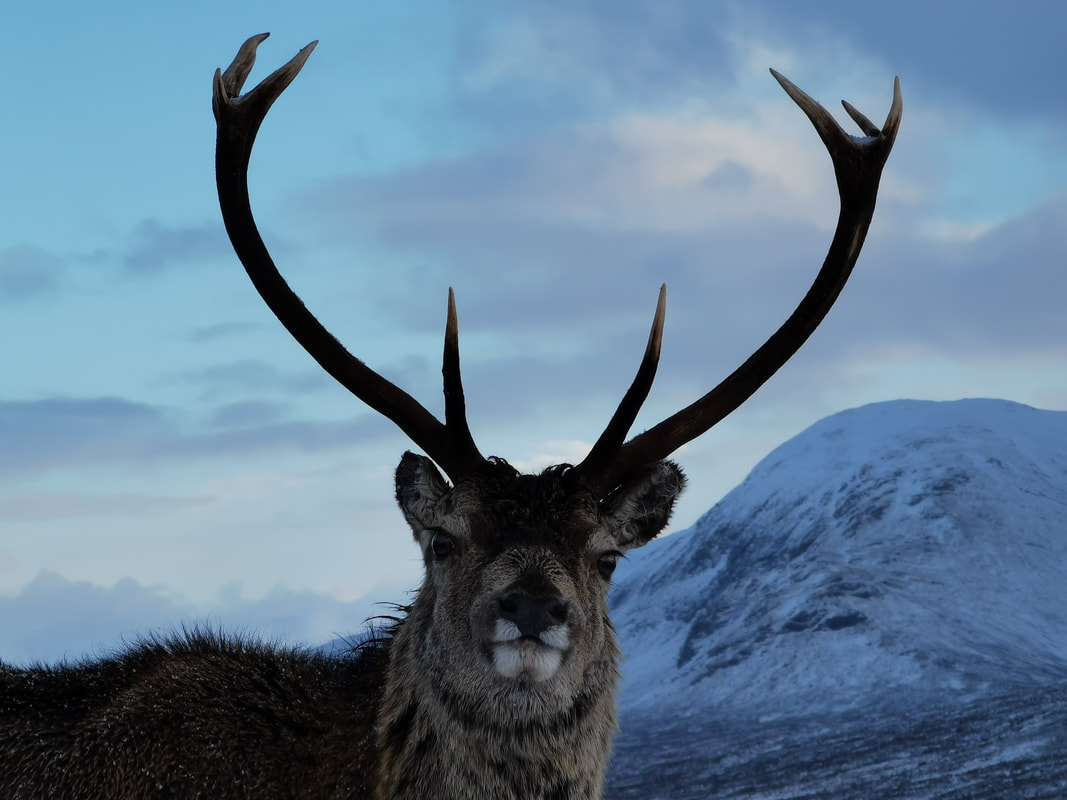
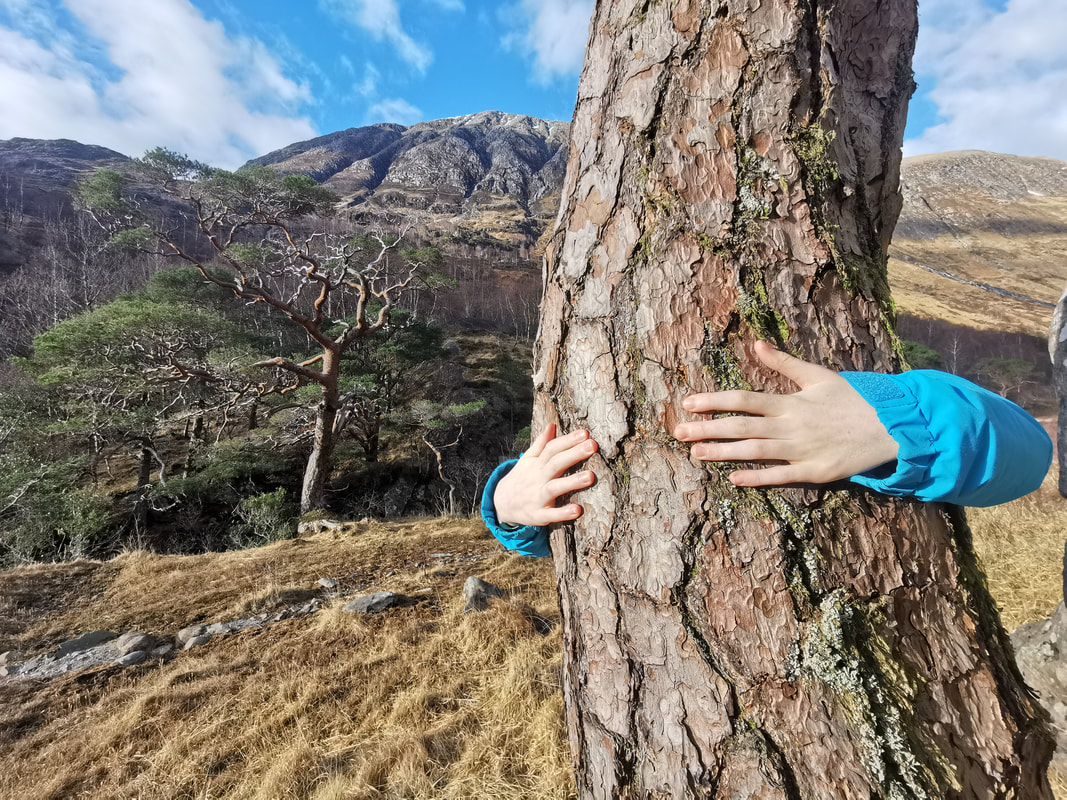
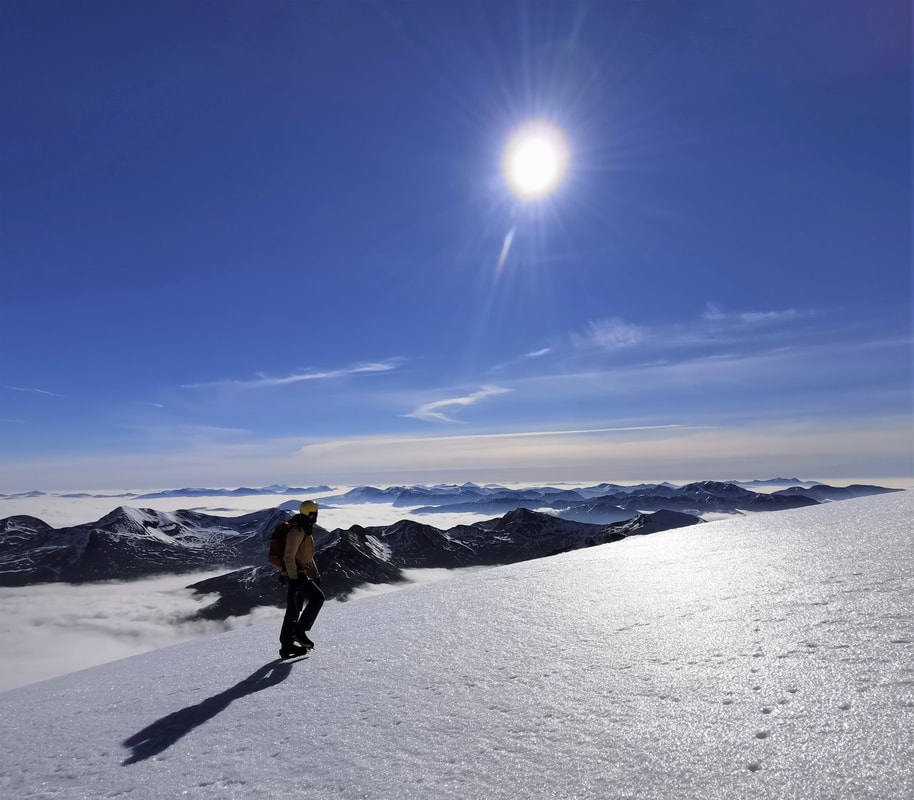
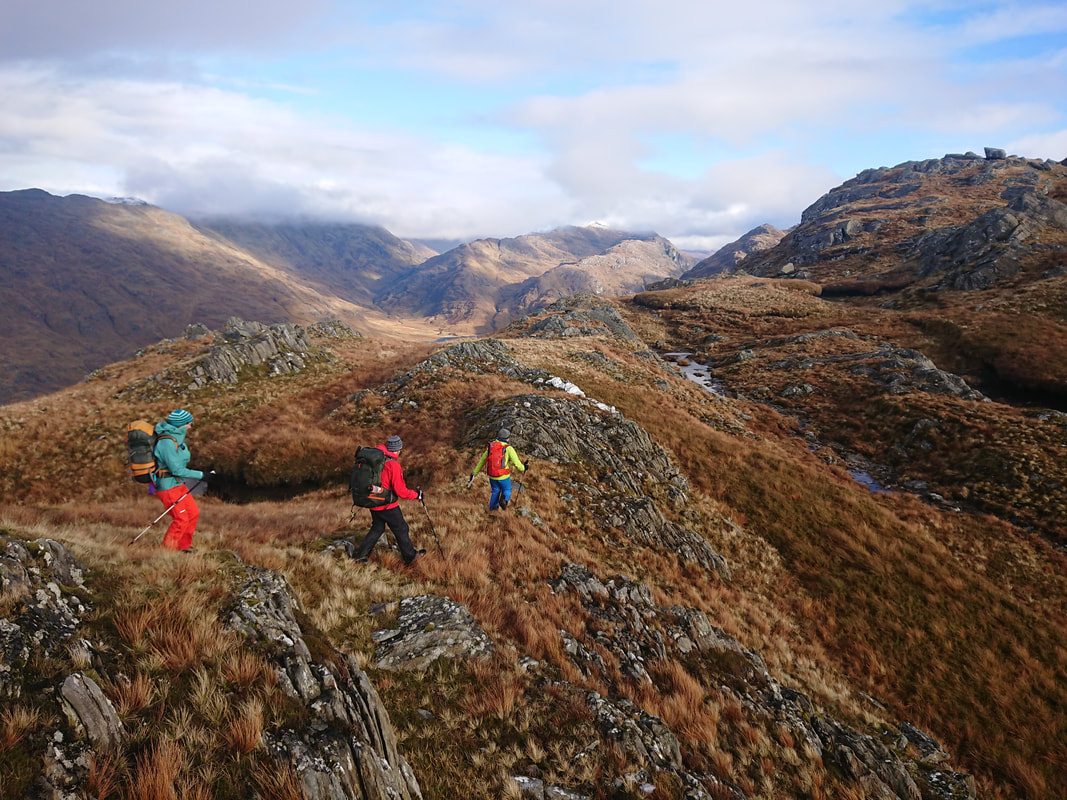
 RSS Feed
RSS Feed
